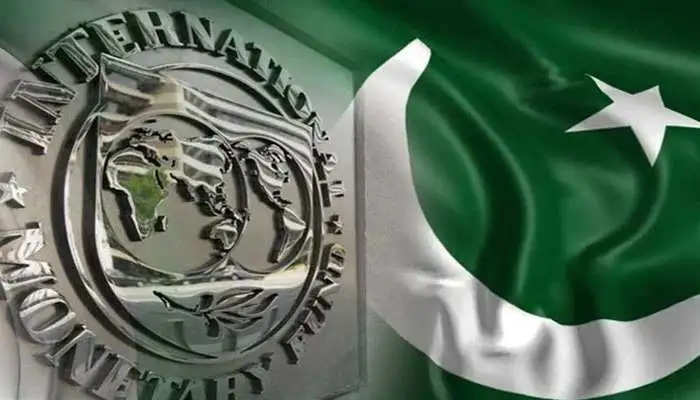Pakistan hopeful of getting IMF approval on upcoming first review

World News Desk!! Pakistan and the International Monetary Fund (IMF) will be at the table on Thursday to conduct the first review of the $3 billion stand-by-arrangement (SBA). Islamabad is confident that it will proceed through the review with approval as it has met all financial targets. Finance Ministry sources expressed optimism about the successful completion of the first review (July to September) under the SBA. Also said that the government realizes the importance of the arrangement and the need to comply with all the requirements of the IMF.
In July, Pakistan and the IMF had approached the SBA for a bailout package for a period of nine months. Pakistan received the first tranche of $1.1 billion and is now ready to present its economic performance before the IMF delegation led by the fund’s country head Nathan Porter. However, Islamabad’s optimism appears to be justified. But there are some challenges which the government may face scrutiny during its review meetings with the IMF. One of the main challenges for Pakistan has been external financing, which may come under scrutiny during the review.
A $4.5 billion loan from foreign commercial banks and a $1.5 billion budget through the issuance of Eurobonds for the current fiscal year has not yet been completed. According to the monetary policy statement on October 30, it was stressed that there is an urgent need to realize the expected external inflows to create space for credit to the private sector and to strengthen and improve the NFA of the banking system. On the other hand, the new tax collection measures and their effective implementation have played a significant role in the revenue collection in the first quarter of the current financial year, which was higher than the target.
“The substantial increase in net federal revenue, driven by increase in non-tax revenue collection, including petroleum levy, reflects a positive trend in revenue performance,” a finance ministry source said. And is also on target in terms of oil sector. The government increased gas and electricity tariffs to achieve full cost recovery and prevent and reduce circular debt of both sectors.
As far as setting up of a Central Monitoring Unit for State Owned Enterprises (SOEs) is concerned, a CMU has been set up in the Finance Division and has been working on preparing performance reports of SOEs for the last three years. These reports will be shared with the IMF during the second review in December.
–IANS
FZ/ABM

